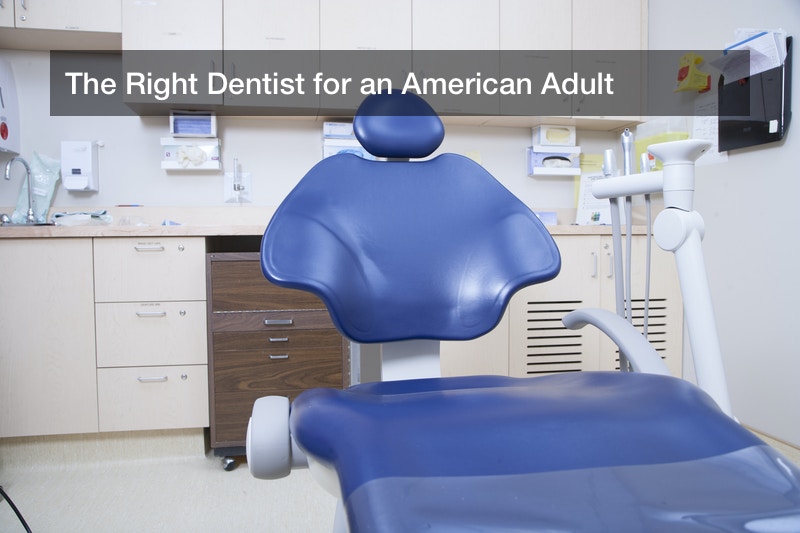
Many Americans care a great deal about their dental health; after all, a mouth of healthy and attractive teeth may be a point of pride and feel comfortable. By contrast, tooth decay or damaged teeth may cause a lot of pain and distress, and the person may need to visit their dentist or a family dentist for surgery or even tooth removal. Good dental hygiene may lower the risks of tooth decay, and anyone, young or old, is encouraged to practice good hygiene to prevent tooth decay and other harmful problems in their mouths. Adults and kids alike can practice proper hygiene to prevent tooth decay or trauma to the teeth, and adults may visit their dentist for anything from a checkup to dentures to tooth extraction. What is there to know?
Tooth Surgery
Sometimes, an adult may visit the dentist’s office just for a regular checkup and cleaning, a low-risk and minimally invasive set of work. In other cases, though, trauma to the teeth or tooth decay calls for some more serious work, and this is where a dentist will offer surgical care. Many dentists are backed up by their dental assistants, who are often highly motivated professionals fresh out of dental school. A patient is in good hands when their regular doctor and dental assistants are helping them out.
Some patients might need a root canal done, but this isn’t the painful and scary procedure that some imagine it to be. In fact, the tooth isn’t even removed. Rather, the dentist will numb the affected tooth, then surgically extract the fleshy pulp inside it, leaving the tooth hollow. This is done if the fleshy pulp is infected, and a root canal may help prevent further tooth decay. After this procedure, the tooth is left in place, though it’s slightly more fragile and won’t feel heat or cold anymore.
In other cases, tooth decay really does call for removal of one or more teeth. Here again, the tooth will be numbed, and then it will be extracted from the mouth. A patient might have this done, for example, if the tooth is so badly infected that removal is the only way to contain the infection. Or, tooth extraction might be done if the tooth is about to fall out anyway due to gum disease, or if the tooth is badly damaged and does no more good in the mouth. And in yet other cases, a wisdom tooth will be removed, and this is a common practice. The adult mouth has 28 teeth in it, but wisdom teeth are extras beyond that which threaten to cause crowding in the mouth if the emerge. So, a dentist will simply numb and extract that extra tooth.
Dental Implants
If teeth are missing in the mouth, they don’t have to stay gone. Adult teeth don’t grow back, but their empty spots can be filled with artificial ones, and many Americans have dental implants. One model is the dental bridge, which is a realistic false tooth that can be placed in a tooth gap. The false tooth is anchored to two covers that slip over the real teeth flanking the gap, and this neatly restores a full mouth of teeth. Meanwhile, dentures may replace entire rows of teeth or even all of them, and the elderly often get dentures. Such dentures can be put in and removed from the mouth as desired.
Dental Care
In between visits to the dentist’s office, a person may take simple but effective step to keep their teeth in good shape. Naturally, brushing the teeth with a brush and toothpaste after every meal is essential, and this will remove sugars that tooth-damaging bacteria feed upon. Brushing the teeth also gets rid of the plaque that these bacteria secrete, and that can help prevent tartar buildup. A person may also use floss to remove food bits from deep between the teeth, and they may use mouthwash to remove any leftover bacteria or food bits and also freshen the breath. Trauma to the teeth should be avoided; namely, a person should refrain from biting on hard items or surfaces, and someone playing contact sports should wear a mouth guard. Martial arts, for example, are a good context for a mouth guard.
